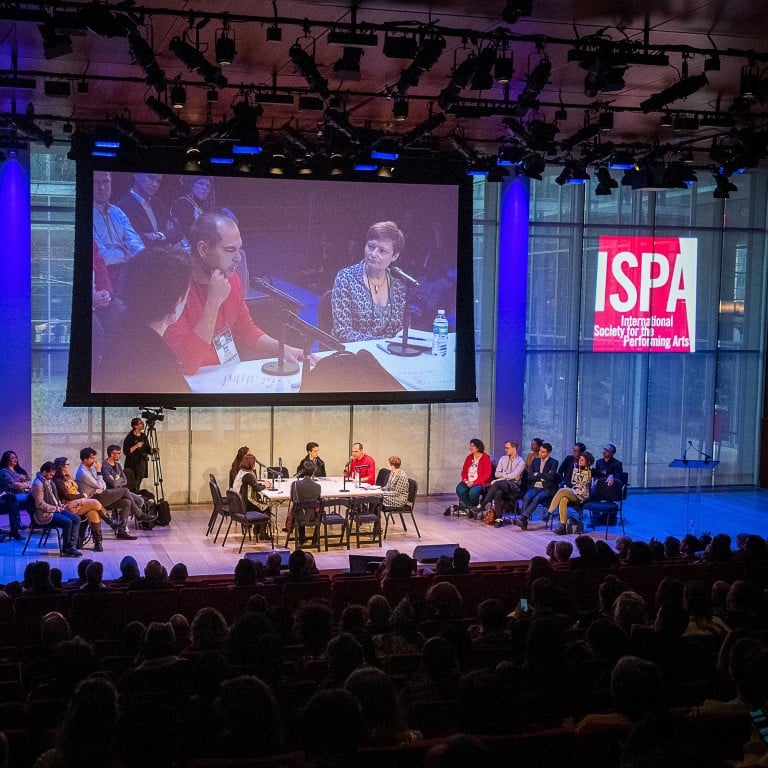
How virtual congress in Hong Kong aims to ensure the show goes on for world’s performing arts
- International Society for Performing Arts Congress from May 24 to 27 will feature in-depth discussions and shared experiences of arts leaders and practitioners
- Real-time online platform aims to help stimulate creativity in performing arts industry and explore new ideas and business models in post-pandemic era
[Sponsored article]
When the Covid-19 pandemic took hold in 2020 the Hong Kong Sinfonietta – like just about every performing arts organisation anywhere – struggled to think of ways to keep performing.
Could the professional symphony orchestra fulfil its mission to bring classical music to new and existing audiences when venues were having to close amid rapidly changing strict social-distancing rules, which meant groups of people could not gather and performers needed to wear masks while seated separated by large acrylic barriers.
“Arts people are always trying to move forward,” says Margaret Yang, CEO of the Hong Kong Sinfonietta, who will be one of the speakers at this month’s prestigious Hong Kong 2022 International Society for Performing Arts (ISPA) Congress.
The virtual event, titled “To Connect Beyond”, from May 24 to 27, will provide a real-time online platform for in-depth discussions and shared experiences among members of the ISPA – a global network of more than 500 performing arts leaders working to promote the industry – and other international delegates to help stimulate creativity and explore new ideas and business models in the post-pandemic era.
“Everyone was thinking of new things to do; nobody was sitting there thinking, ‘OK, let’s fold now’,” Yang says. “If you put it in a nice way, it’s creative. If you put it in a more neutral way, it’s scrambling for survival, because a lot of arts [industry] people are independent and, if they don’t work, they just don’t get paid.”
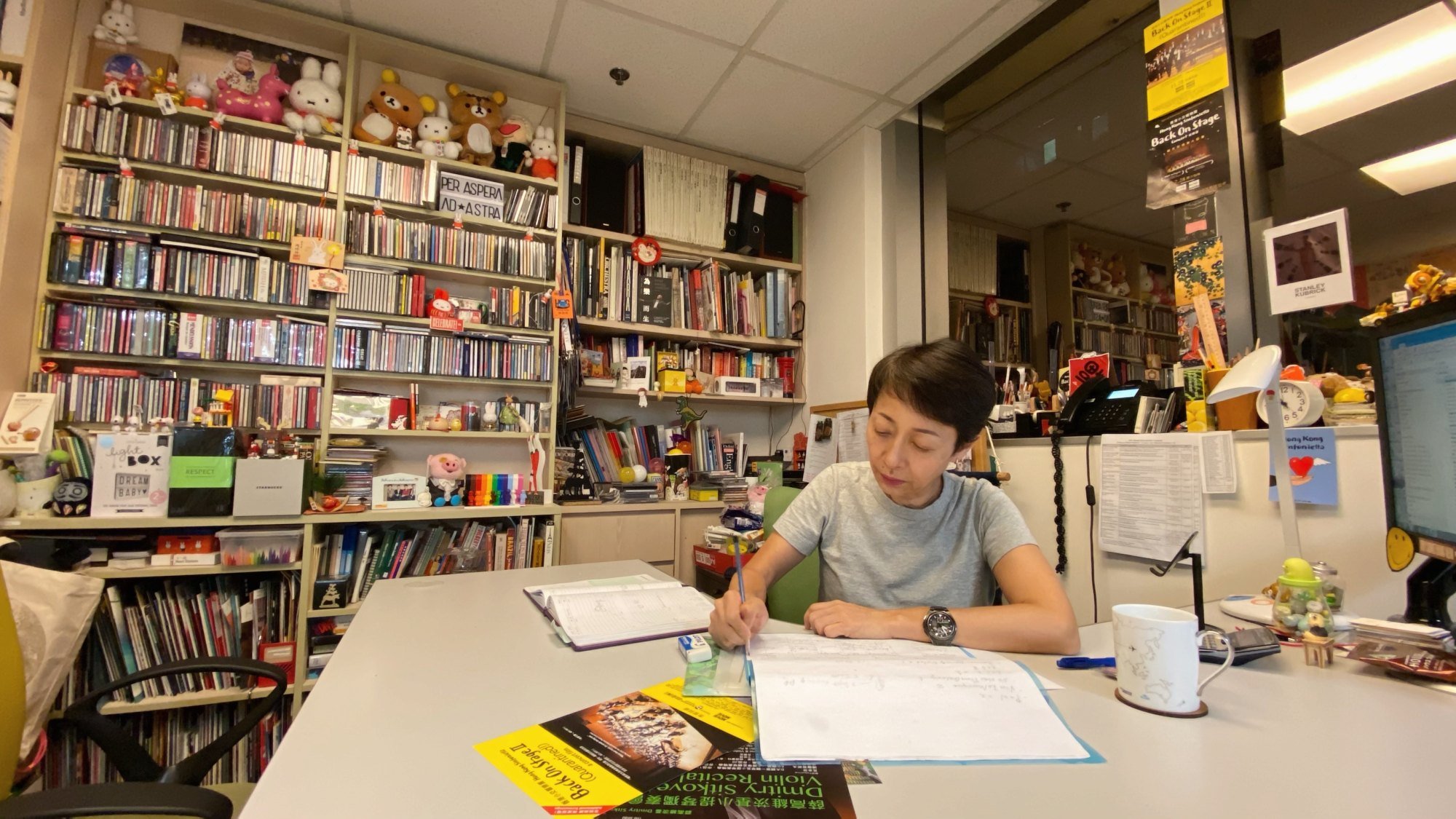
At first the Sinfonietta sold tickets so people could watch its concerts from cinemas – inspired by organisations, including Britain’s National Theatre and the Metropolitan Opera, in the United States, which have filmed their shows for years and found new audiences worldwide. But when the auditoriums were closed, it had to think again.
James Cuddeford, the Sinfonietta’s concertmaster, came up with an unlikely solution after walking into a tiny jazz studio tucked away behind a cafe on the ground floor of Wontonmeen, a hostel in Kowloon’s Sham Shui Po district.
In keeping with the venue’s eclectic decor, the engaging classical music performances, creatively and lightheartedly filmed at the venue, with colourful title graphics by Hong Kong artist Vivian Ho, feature works by a range of composers including, Bach, Bartok, Beethoven, Prokofiev, Rachmaninoff and Schumann.
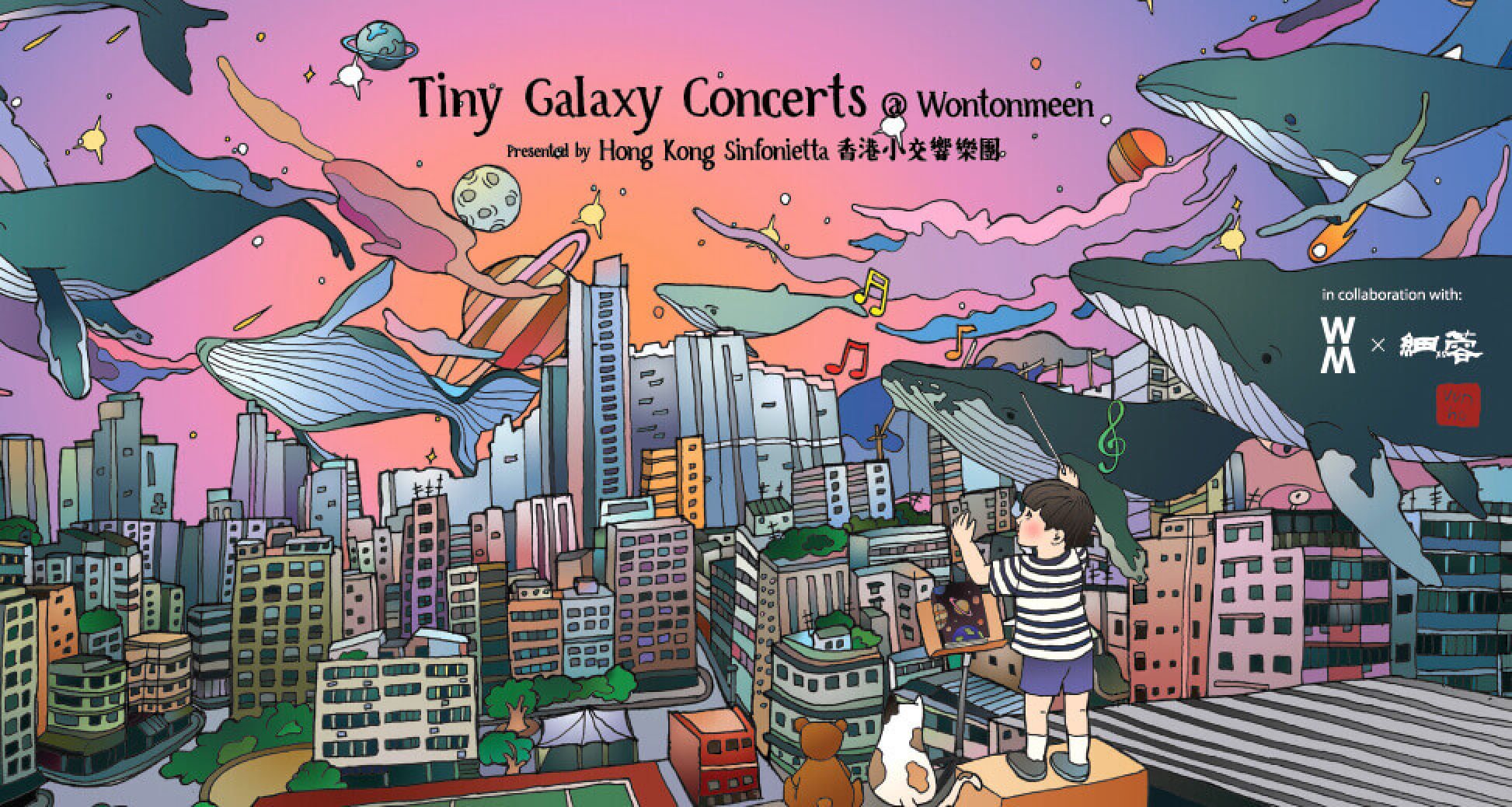
“Sometimes people forget that being an arts manager is more than just being a manager,” says Celina Chin, head of the Hong Kong Chinese Orchestra, who will also be a speaker at the ISPA Congress. “The arts element gives the possibility of a really creative response to huge issues.”
She says the easiest way for sponsors to judge whether a production is successful is to look at the numbers – “the tickets sold, orders, subscribers, money and the outreach. But the value of art is so much more than that.”
When the orchestra holds a premiere for a young composer, you cannot use metrics to measure the evening’s success, Chin says.
“You might not get a big audience, but you might change people’s lives,” she says. “You might get a good review, or encourage someone random in the audience to keep going, and you could certainly make the composer’s career.”
Chin says few people took the Austro-Bohemian pianist and celebrated conductor Gustav Mahler seriously as a composer when he first tried to perform his own music in the late 1880s and 1890s. So he continued working as a conductor – and composed in his spare time.
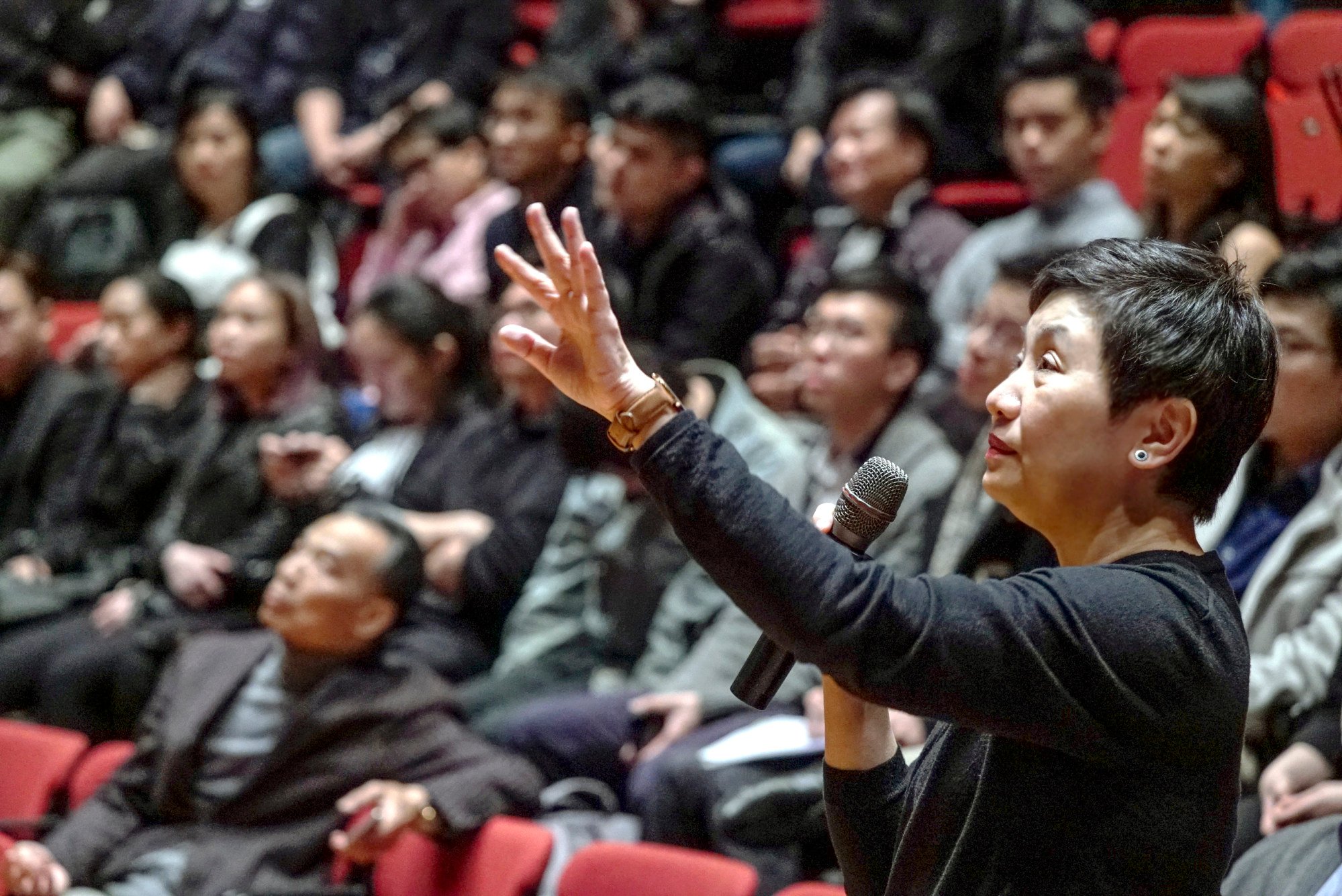
Today he and his work as a composer, including 10 symphonies, drawing on many different strands of Romanticism, are regarded as important and influential, yet were largely ignored for decades after his death in 1911.
However, Chin says if Mahler’s early work had not gained some support, then we would not have some of the most celebrated works in the classical repertoire today.
“We have to build a new repertoire for the future,” she says. “We owe it to the people who come next.”
This month’s ISPA Congress in Hong Kong – the first to feature real-time live-streaming sessions in the organisation’s 73-year history – is an example of how support can be given to new performing arts initiatives. Hong Kong is the first Asian city to host the congress twice.
David Baile, CEO of the ISPA, based in New York says positive connections and ideas stemming from the event may manifest themselves only in five, 10 or 20 years’ time.
The congress will be more affordable, too, because nobody taking part will face travel or accommodation costs. Online access will cost US$125 for ISPA members and those delegates from the Guangdong-Hong Kong-Macau Greater Bay Area, US$150 for members of ISPA organisations and delegates from the rest of Asia and US$250 for all other participants.
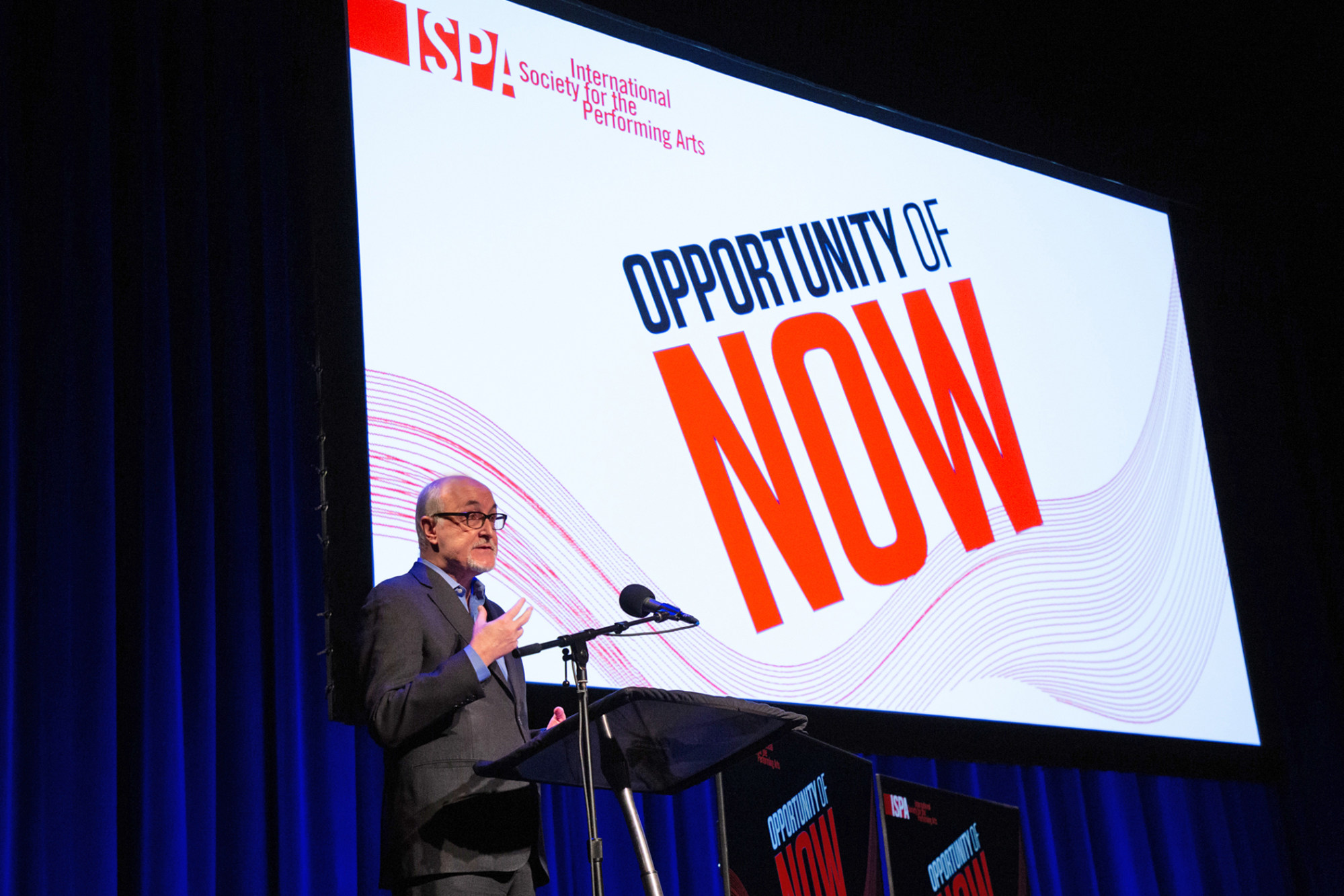
Arthur Leung, chief manager of the Hong Kong 2022 ISPA Congress, says the programme has been designed to push the usual boundaries.
Yang will host one panel discussion featuring Yaron Lifschitz, artistic director of Australia’s Circa Contemporary Circus, John McGrath, artistic director and chief executive of Britain’s Manchester International Festival and Tang Shu-wing, educator and theatre director of his eponymous Hong Kong theatre studio. They will talk about their experiences – both good and bad – of making online arts content more than simply “arts shown online”.
Another part is focused on healing and reconnection of communities – something Leung is passionate about.
“We’ve all gone through a difficult time in the past two years [because of the pandemic],” he says. “Everyone wants to get some comfort from the arts and also to find the strength to overcome the psychological trauma.”
Other delegates involved in the congress include Olivia Ansell, director of the Sydney Festival, Natalie Lue, director of Vancouver Civic Theatres, Aamir Nawaz, artistic director of Pakistan’s Maas theatre company, Alfonso Leal del Ojo, chief executive of London’s The English Concert, and numerous leading arts management figures in the Greater Bay Area.
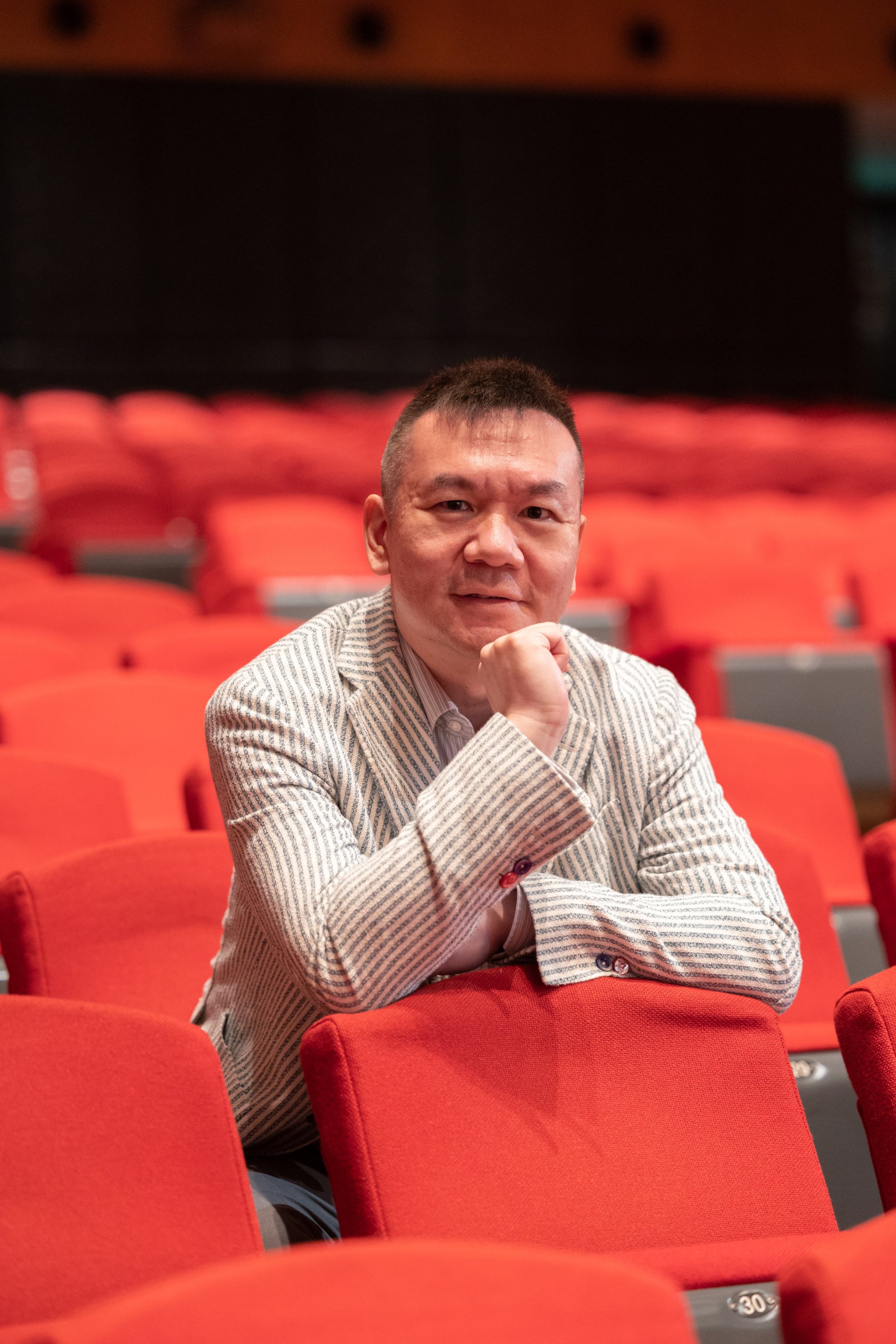
More early and mid-career arts professionals will be taking part than usual thanks to ISPA’s fellowship programme offering free places each year.
“Many of the people who’ll participate at the ISPA congress for the first time in May with this programme will be coming back many times, as they take up different positions of leadership around the world,” says Baile, who believes the organisation’s fellowship programme is one of its most exciting initiatives during his 14 years in charge.
One of the common storylines in classical dance, theatre and opera productions features a hero or heroine being transformed after overcoming a tough personal challenge, so that the world is never the same again.
Sometimes the performing arts, so often struggling for funding and recognition, are seen to be at the margins of change.
However, discussions at this month’s congress will not only see arts leaders promoting the performing arts, but may also reveal how they are leaders of change around the world.

